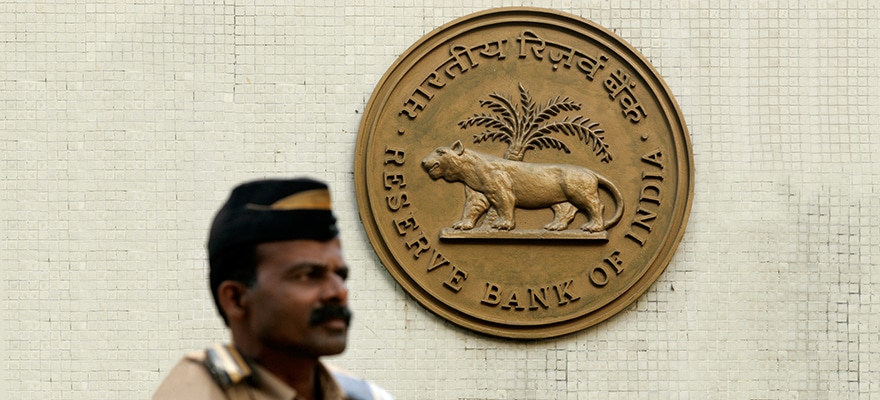The Reserve Bank of India has formed a cryptocurrency research unit, according to the Economic Times of India.
According to sources familiar with the matter, the unit was formed without announcement, and is now about a month old. The identity of the group’s leader is also not revealed. Sources say that the unit could possibly draft rules for the supervision of new technology in the future.
Eleborate Ponzi schemes
This could signal a turnaround in the Indian government’s view of cryptocurrency, which has been very since last year negative.
The RBI first set up a committee early last year to examine how existing laws could relate to cryptocurrency. In , that committee recommended that all Indian cryptocurrency exchanges be shut down, citing concerns about financial stability and the threat of money laundering. In, finance minister Arun Jaitley wrote cryptocurrencies off as elaborate Ponzi schemes, and in he officially confirmed that Bitcoin is not considered legal tender in India.
However it was not banned; only in did RBI give all Indian financial institutions three months to cut ties with any cryptocurrency exchanges that they are involved with.
India has indeed had its fair share of crypto-crime to contend with. In December 2017, a task force in the state of Uttar Pradesh caught a gang of university students that had been pretending to sell Bitcoin in order to steal the payment, and New Delhi police made arrests over a scam called Kashcoin. There have also been of violent Bitcoin robberies.
Only last week, the head of Ponzi scheme BitConnect was , as the Gujarat Criminal Investigation Department attempts to understand a complicated scheme involving, among other, nine police officers.
Millions of users
On the other hand, cryptocurrency is popular with the people. In, a study conducted by Indonesian firm Pundi X found that approximately ten percent of the world’s Bitcoin transactions are processed at an Indian exchange. Sandeep Goenka, the co-founder of Zebpay, one such exchange, told Quartz in November: “[Zebpay] has been adding between 300,000 and 400,000 users every month on its exchange, compared to about 150,000 users in June and July.”
In fact, a petition against the ban gathered 22,000 signatures in only five days. Exchanges kept themselves in business by limiting themselves to , because that wasn’t covered by law.
In the end, the government announced that there will be cryptocurrency laws published this year, and a supreme court hearing on the .





Be First to Comment